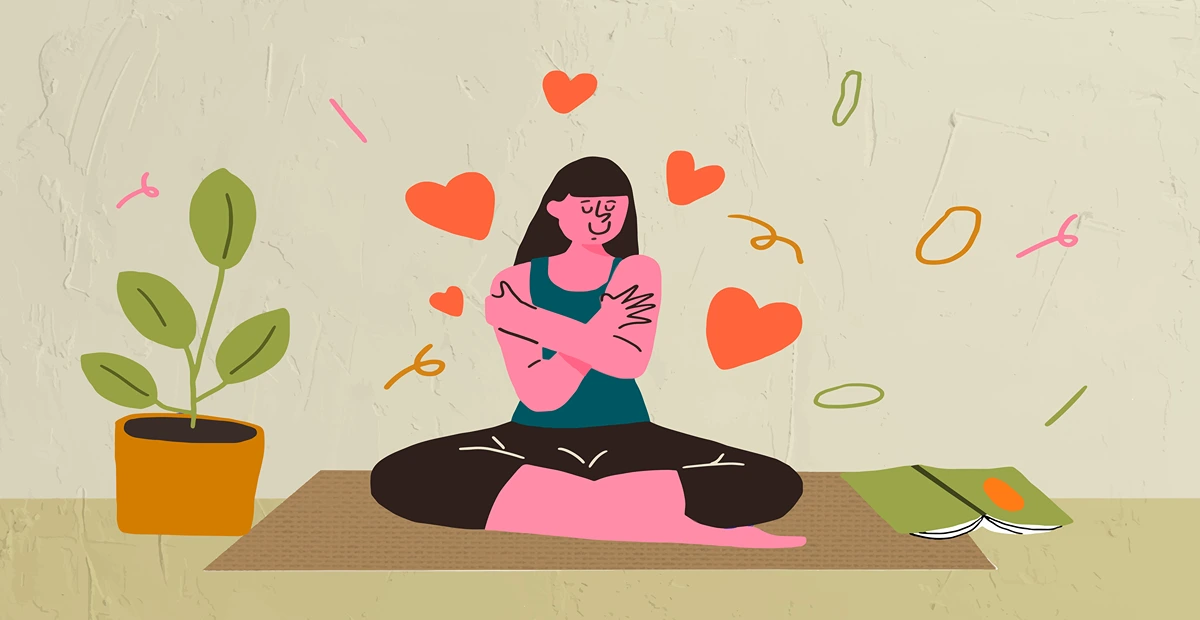Culture shock refers to the disorientation and discomfort experienced by individuals when they encounter unfamiliar cultural environments or social norms different from their own. It is a psychological and emotional response to the challenges and adjustments required when entering a new cultural setting. Here are the key aspects that define the meaning of culture shock:
- Encounter with a New Culture:
Culture shock occurs when individuals move or travel to a different country, region, or community that has distinct cultural practices, values, customs, and social expectations. It is often experienced by individuals who are exposed to a culture significantly different from their own.
- Disorientation and Stress:
When confronted with a new cultural environment, individuals may experience disorientation and stress. They may feel overwhelmed, confused, and out of place due to the unfamiliarity of the surroundings, language barriers, different social norms, and behaviors.
- Psychological and Emotional Response:
Culture shock elicits various psychological and emotional responses. These can include feelings of frustration, anxiety, homesickness, loneliness, confusion, irritability, and a sense of loss. Individuals may feel a strong longing for their familiar cultural context and may struggle to adapt to the new culture.
- Adjustment and Adaptation:
Culture shock is a temporary phase that individuals go through when adapting to a new culture. Over time, individuals can learn to navigate and understand the new cultural environment, gradually adapting their behaviors, attitudes, and expectations. With increased exposure and familiarity, the initial shock diminishes, and individuals begin to integrate into the new culture.
- Stages of Culture Shock:
Culture shock is often described as a process that individuals go through in several stages. These stages include the initial “honeymoon” phase, where everything seems exciting and new, followed by the “frustration” or “negotiation” phase, characterized by increased challenges and difficulties. The subsequent “adjustment” phase involves adapting and finding a balance between the old and new cultures, leading to the final “acceptance” phase, where individuals feel more at ease and comfortable in the new cultural environment.
- Cultural Learning and Growth:
While culture shock can be initially distressing, it can also lead to personal growth, increased cultural awareness, and expanded perspectives. Individuals may develop a deeper understanding and appreciation for diverse cultures, gaining valuable insights into their own cultural identity and biases. Culture shock provides an opportunity for personal and intercultural growth, fostering empathy, flexibility, and adaptability.
Culture shock is a common experience for individuals venturing into new cultural territories. It highlights the challenges and adjustments required when encountering different customs, values, and social norms. By recognizing and understanding the stages of culture shock, individuals can navigate the process more effectively and embrace the opportunities for cultural learning and personal development.
Impact Culture Shock for Self-Health?
Culture shock can have an impact on self-health and well-being, both positively and negatively. Here are some ways in which culture shock can affect self-health:
- Stress and Emotional Well-being:
Culture shock can initially cause stress, anxiety, and emotional discomfort as individuals navigate unfamiliar cultural environments. The disorientation and adjustment challenges may lead to feelings of frustration, loneliness, and homesickness. Managing these emotional responses is essential for maintaining overall well-being during the transition.
- Adaptation and Resilience:
As individuals go through the stages of culture shock and gradually adapt to the new culture, they develop resilience and coping strategies. This process can foster personal growth and enhance mental and emotional well-being. The ability to adapt to new situations and overcome challenges contributes to a stronger sense of self and increased self-confidence.
Cultural Learning and Open-mindedness:
Experiencing culture shock prompts individuals to learn about different customs, values, and perspectives. This exposure to diverse cultures can broaden one’s understanding and acceptance of differences. Embracing new experiences and maintaining an open mind fosters cultural sensitivity, empathy, and overall mental well-being.
- Expanded Social Connections:
Culture shock often necessitates forming new social connections in the new cultural environment. Engaging with locals and fellow expatriates can provide a sense of community and support, enhancing overall mental and emotional well-being. Building relationships with people from different backgrounds can also lead to meaningful cross-cultural friendships and a sense of belonging.
- Increased Self-awareness:
Navigating culture shock encourages individuals to reflect on their own cultural identity and beliefs. Comparing and contrasting different cultural practices can increase self-awareness and introspection. This process promotes personal growth, self-discovery, and a deeper understanding of one’s own values and assumptions.
- Challenges to Physical Health:
Culture shock can indirectly impact physical health due to stress-related factors. Disrupted sleep patterns, changes in diet, and exposure to new environments can affect physical well-being. It is crucial to prioritize self-care, maintain a healthy lifestyle, and seek medical support when needed to address any physical health concerns.
To navigate the impact of culture shock on self-health, individuals should focus on self-care practices, maintain a support network, and seek assistance from resources available in the new cultural setting. Seeking social connections, engaging in physical activities, practicing stress management techniques, and being patient with oneself during the adjustment process can contribute to a healthier and more positive cultural transition.












